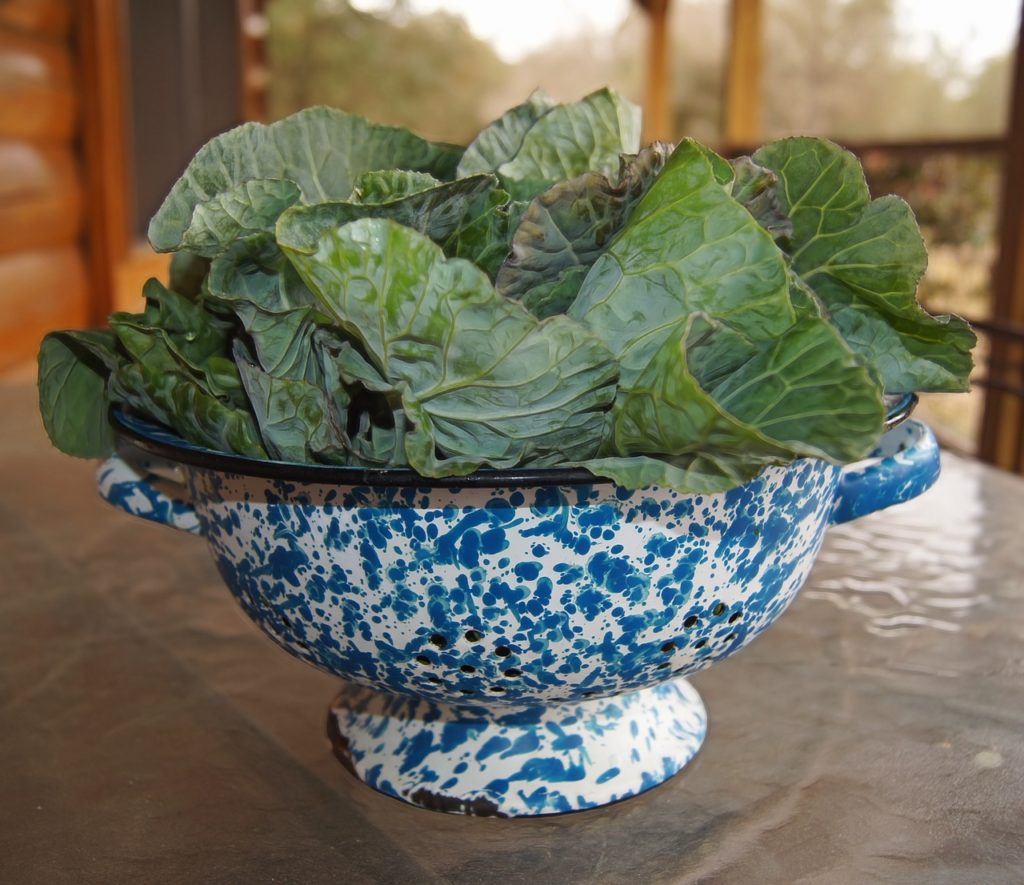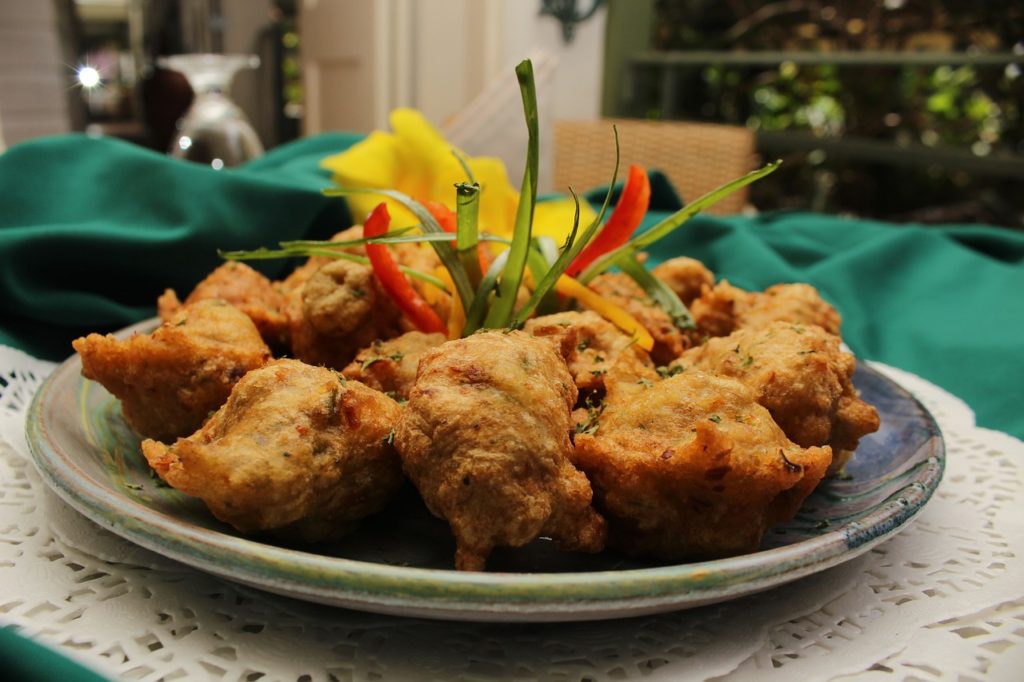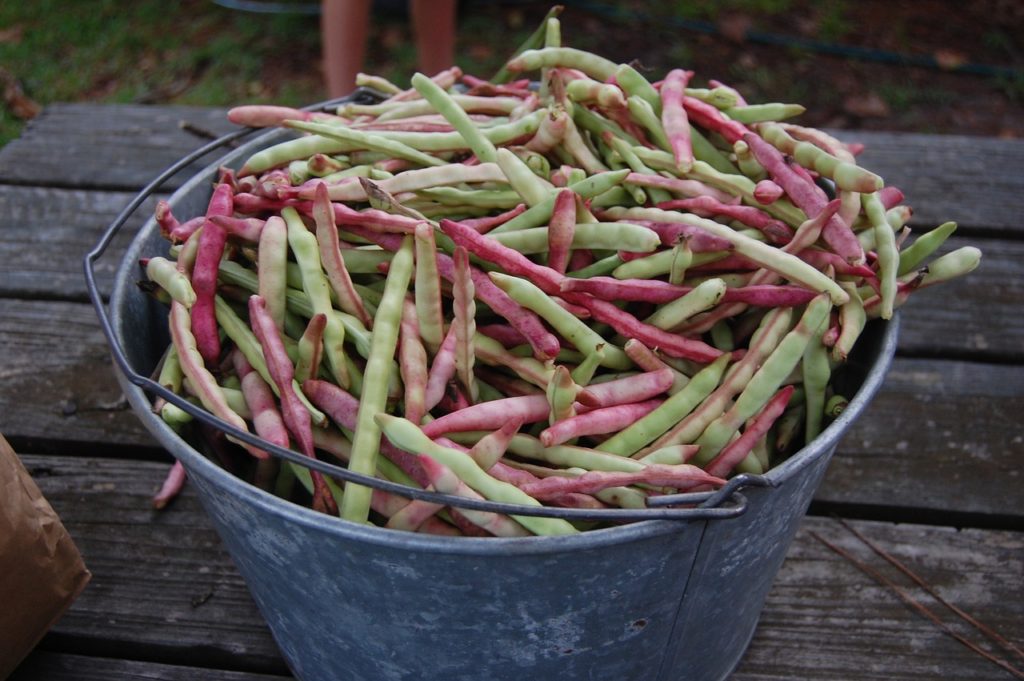The African Heritage Diet is a way of eating based on the healthy food traditions of the African diaspora. These traditional foodways naturally exceed the RDA recommendations for maintaining good health. From Africa to the southern United States, the Caribbean, Central America, and South America, these food traditions, like traditional Afro-diasporic healing, have almost been forgotten due to the influences of the modern, standard American diet. As a result of abandoning these ways of eating, chronic diseases, such as, heart disease and diabetes have escalated. However, thanks to non-profit, multi-cultural organizations like Oldways, we now have the opportunity to create a new relationship with food, and ultimately our health.
As claimed by Oldways, the African Heritage Diet has been scientifically proven to
- Lower the risk of heart disease, high blood pressure, and stroke
- Prevent and help treat diabetes
- Combat chronic degenerative disease
- Reduce glaucoma, asthma, and kidney disease
- maintain a healthy weight
- reduce depression … and more
According to Oldways, the African diet consists of the following general principles:
- Foods eaten daily: colorful fruits and vegetables (ESPECIALLY leafy green vegetables), root vegetables, beans, nuts and seeds, and whole grains
- Foods eaten a few times per week, or in moderation: healthy oils, homemade sauces and marinades, fish and seafood, eggs, poultry, and fermented foods
- Foods eaten only during special occasions: other meats and sweets
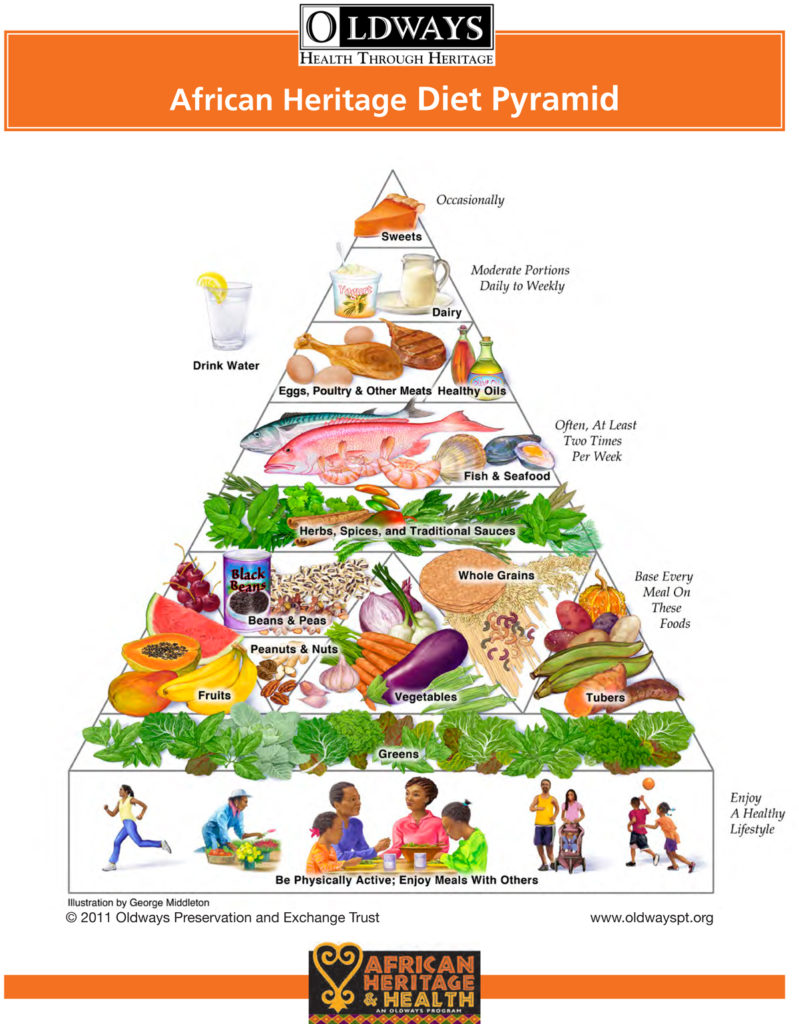
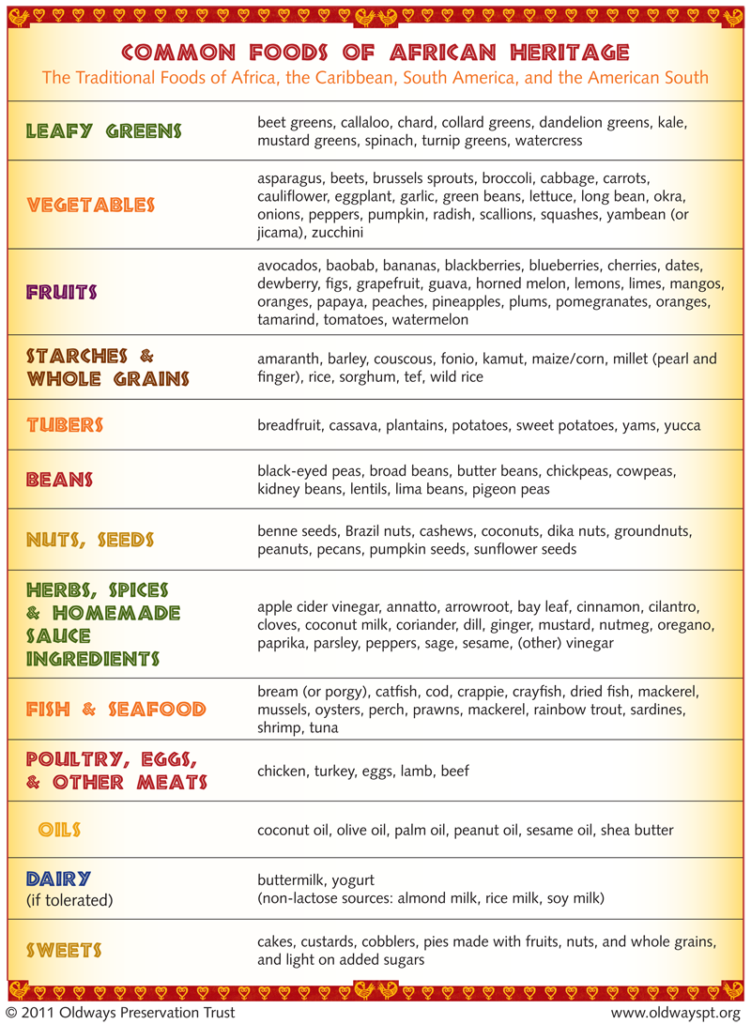
Oldways also provides recipes and community cooking classes through their “A Taste of African Heritage” program. To learn more about this program, or the African Heritage Diet in general, you may visit their website here.
**Sidenote: Oldways also provides a wealth of information regarding traditional Mediterranean, Latin American, and Asian heritage diets. They are listed below for your inquiry: **
- Click Here to learn more about the Mediterranean Diet
- Click Here to learn more about the Latin American Diet
- Click here to learn more about the Asian Heritage Diet
